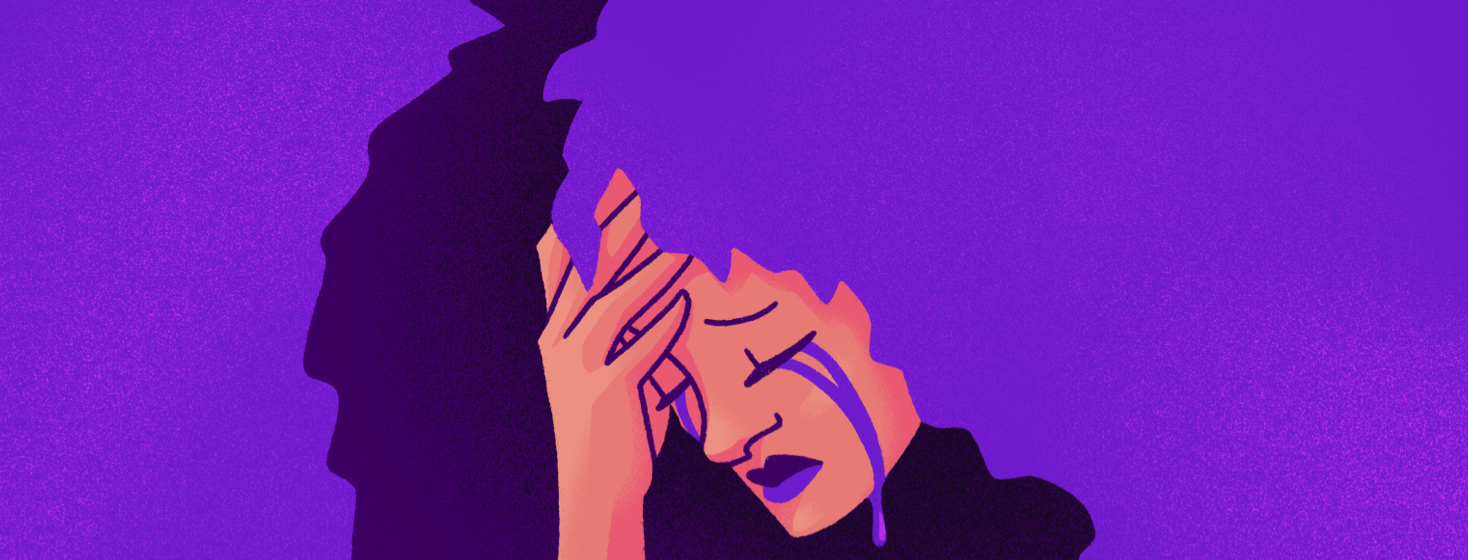The Impact of Chronic Illness Grief
Getting any diagnosis changes your whole world. Chronic illness grief is a bit more complicated and hits differently because its like a rollercoaster that just never seems to end. One day you're healthy just living it up and the next thing you know you get hit with a body that betrays you.
When I got diagnosed with lupus I had no idea the kind of grief I would go through.
Emotional toll
Chronic illness grief places a significant emotional burden on individuals. The rollercoaster of emotions that never seems to end can lead to anger, denial, frustration, anxiety, depression, and, in severe cases, exacerbate the physical symptoms of the illness. The importance of mental health is sometimes overlooked but affects us just as much.
When I got my lupus diagnosis I went through so many emotions and each day is still so different. There are some days where I feel fine but then there are time where I think why me…this is not fair. Why did this happen to me? I cycle up and down and like a yoyo of emotions.
Strained relationships
Chronic illness affects not only the person with the condition but also their loved ones. Caregivers, family members, friends and coworkers may also experience grief as they witness the suffering of their loved one. This can strain relationships and create feelings of helplessness or guilt.
When I got my lupus diagnosis my family was so worried about me. They would try their best to help me out but I felt like I was such a burden at times. I didn’t want them to have to do extra work. I felt so guilty. I also had to deal with people who didn’t not believe the severity of my illness and chose to overlook it which put an added kind of strain on the relationship. Eventually I cut them out of my life and it was for the best.
Featured Forum
View all responsesCareer and financial challenges
Chronic illness often disrupts one's ability to work, leading to financial instability and uncertainty. This added stress can worsen grief, compounding the emotional toll. Many are unable to work full time and need to cut back hours or even not work at all. Without a steady income and increased medical bills the stress of trying to budget and ensure that there is enough money to pay for things takes a toll. Career goals are also halted and the what ifs always comes into play.
When I got diagnosed with lupus I did not know if I was able to handle my work load. Thankfully my mangers were very understanding. Stress was a big trigger for me so I needed to learn how to balance it all without going overboard on my body. I wanted to keep climbing that corporate ladder but I knew that meant more work and more stress so I had to pull back which really hurt. I always envisioned I would have a higher position with a higher salary, but my lupus has really limited me in my position.
Loss of identity
Chronic illness can strip individuals of their previous identities. Roles, hobbies, and dreams may be sacrificed, leading to a sense of loss and disconnection from one's former self. The old healthy life is forever gone and now a new life with a diagnosis needs to be coped and learned.
When I got diagnosed I had to grieve my old life. My lupus was part of my identity. Lupus has no cure so it would be with me forever. This would be my new life now and there was nothing that was going to change that. I just had to learn how to live with my new normal.
Thankfully there are some coping mechanisms that can help ease the burden of chronic illness grief. Building a strong support system within family and friends can provide lots of help. Some can take it one step further and try out therapy or counseling. Many also have to learn to prioritize self care, both physical and emotional.
Learning all that we can about lupus also empowers us and helps us have a sense of control over the situation. Chronic grief will always be a part of our story, but we just have to take it day by day and hope for the best.

Join the conversation